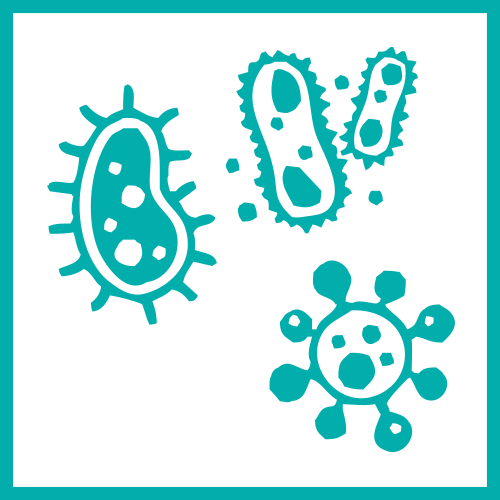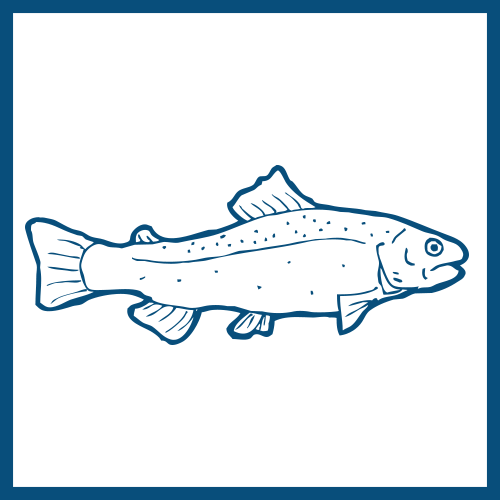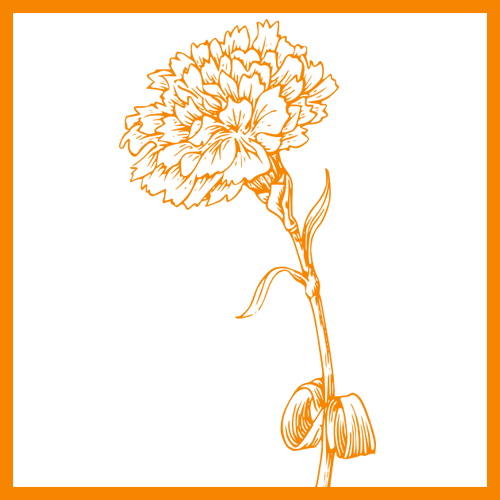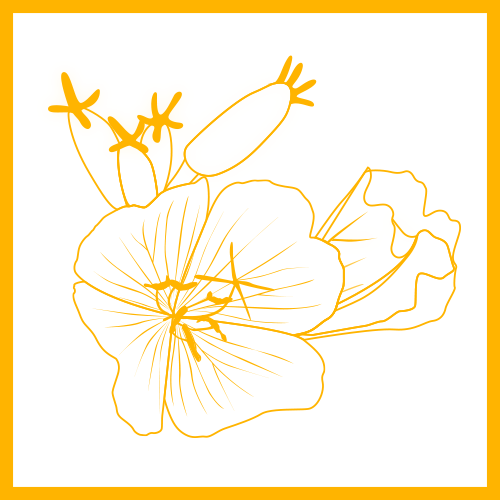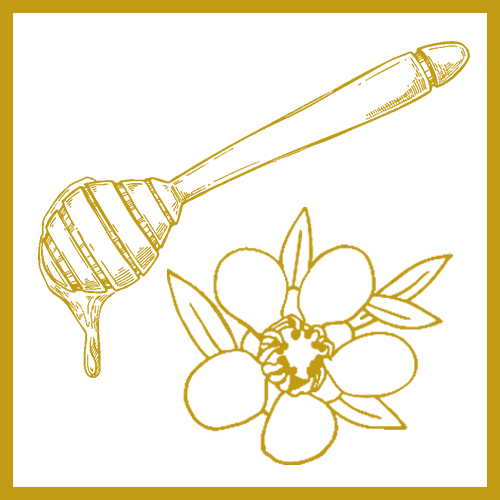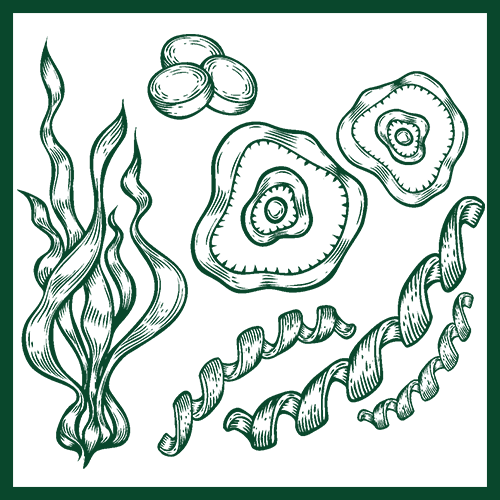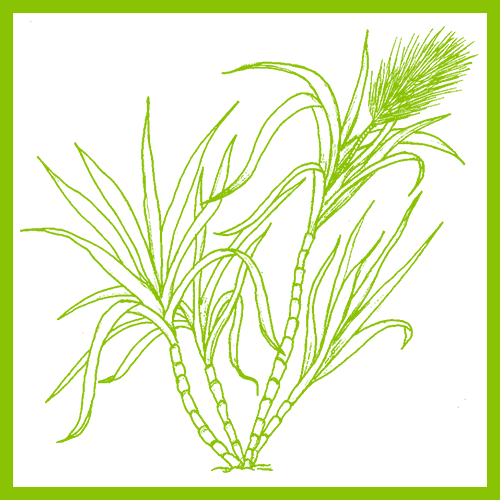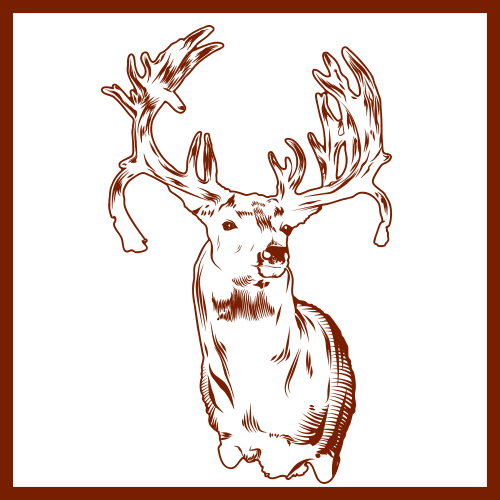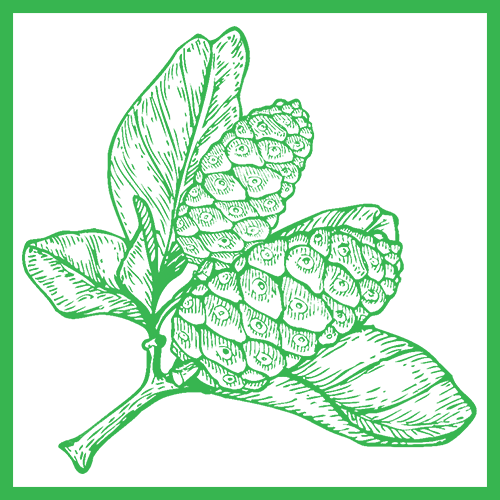
Green Lipped Mussel
The New Zealand green-lipped mussel, also known as the New Zealand mussel or the green shell mussel, Perna canaliculus, is a species of bivalve mollusk in the family Mytilidae.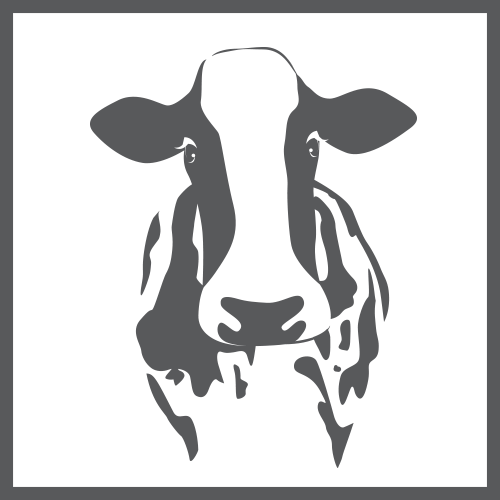
Colostrum
Backed by solid scientific evidence, colostrum has been used for many years to improve immunity in children and adults.
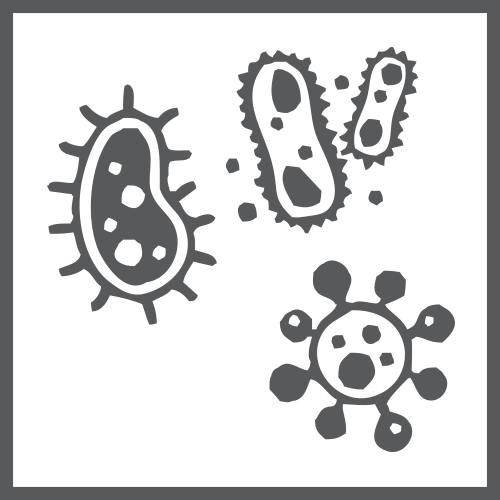
Probiotics
Probiotics are just that: ‘good’ bacteria – also known as ‘microbiome’ or ‘live microorganisms’.
This is a population that comprises groups including Lactobacillus and Bifidobacterium. As well as bacteria, certain yeasts may be used as probiotics.
Probiotics play a vital role in your digestive system. As Jane Clarke, author of Australian Family Nutrition, explains, everyday life – think: stress, alcohol consumption and eating poorly – can throw out your gut’s balance of bad versus good bacteria.
As well as helping to support digestive health, having a balance of the ‘good’ bacteria is also thought to be of benefit for women’s health, the skin and immune system, bowel health and oral health.
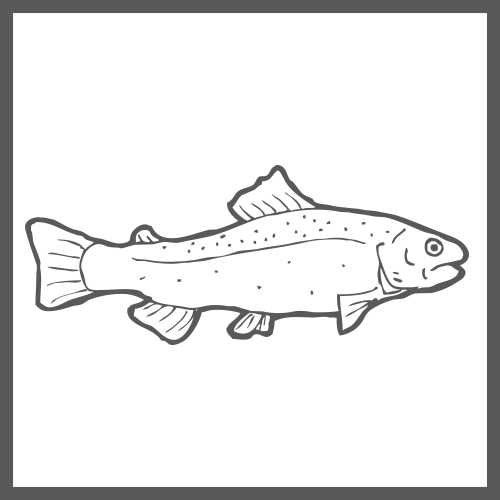
Fish Oil
The health benefits of fish oil are plentiful and can mostly be attributed to the presence of omega 3 essential fatty acids.

Enzogenol
Enzogenol is a 100% natural extract from the bark of New Zealand grown Pinus Radiata trees.
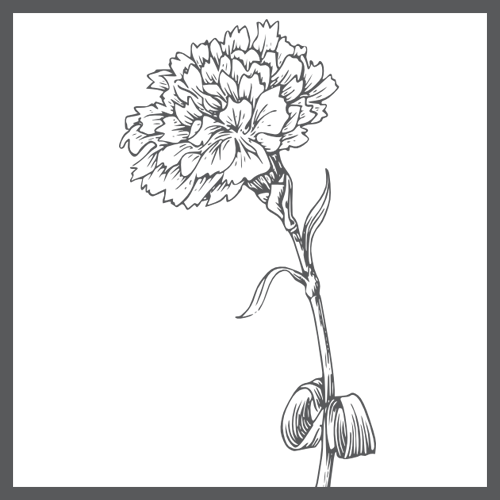
Lutein
Lutein is a powerful fat soluble antioxidant nutrient. It is a part of the carotenoid family (think betacarotene) known as xanthophyll carotenoids.
Carotenoids appear yellow in colour, and they are responsible for many of the colors found in plants, flowers, and animals.
Unlike beta-carotene, lutein does not get converted into vitamin A in the body. They are incorporated into cell membranes and other lipoproteins in the body.
In the body, lutein is found in the tissues of the eye, as well as in the blood, serum, skin, cervix, brain, breast and adipose tissue.

Ascorbic acid
Ascorbic acid (vitamin C) is a water-soluble antioxidant nutrient involved in many biological processes in the body. Vitamin C is found in a number of fruits and vegetables, great sources are capsicums, blackcurrants, oranges and strawberries.
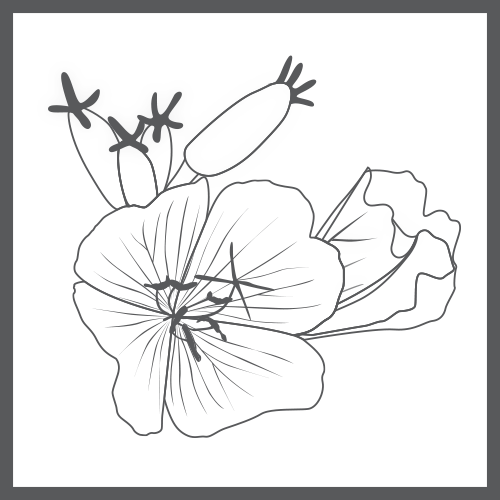
Evening Primrose Oil
The oil of mature seeds contains approximately 7-10% of GLA. GLA also referred to as C18:3-ω6 fatty acid is not an essential fatty acid because it can readily be created from linoleic acid (C18:2-ω6). GLA is a preliminary stage in the production of prostaglandin, which is essential for the proper functioning of a cell. Symptoms and diseases like endogenous eczema, the Sjögren-syndrome, premenstrual syndrome (PMS), polyarthritis, multiple sclerosis and menopausal symptoms can be induced by a prostaglandin shortage. In theory, an additional intake of GLA might help to cure these symptoms.
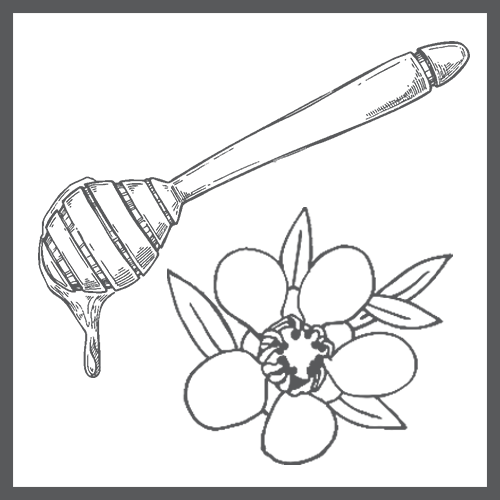
Manuka Honey
Manuka products have high antibacterial potency for a limited spectrum of bacteria and are widely available in New Zealand.
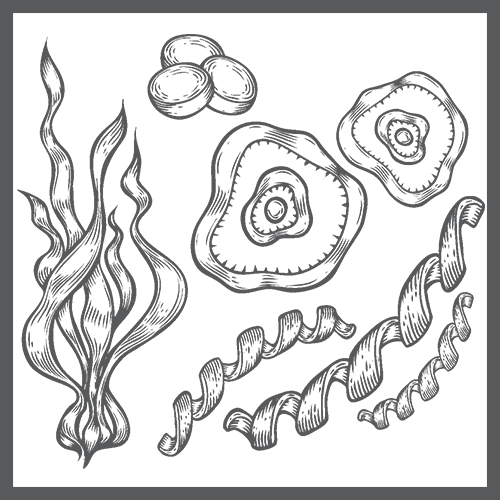
Sprulina
Spirulina represents a biomass of cyanobacteria (blue-green algae) that can be consumed by humans and other animals. The two species are Arthrospira platensis and A. maxima.
Cultivated worldwide, Arthrospira is used as a dietary supplement or whole food.
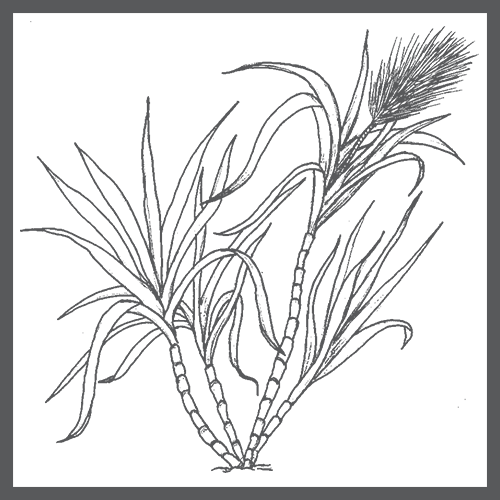
Sugarcane
Sugarcane, or sugar cane, are several species of tall perennial true grasses of the genus Saccharum, tribe Andropogoneae, native to the warm temperate to tropical regions of South and Southeast Asia, Polynesia and Melanesia, and used for sugar production. It has stout, jointed, fibrous stalks that are rich in the sugar sucrose, which accumulates in the stalk internodes. The plant is two to six meters (six to twenty feet) tall. All sugar cane species interbreed and the major commercial cultivars are complex hybrids. Sugarcane belongs to the grass family Poaceae, an economically important seed plant family that includes maize, wheat, rice, and sorghum, and many forage crops.
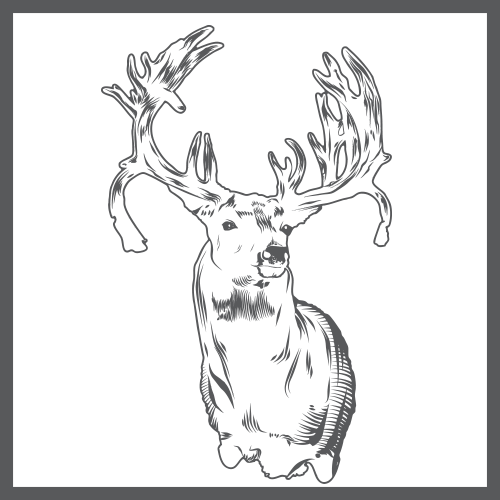
Stag Blood
Stag Blood is processed only with STAG blood so it is NOT same as deer blood capsules available in the market. Deer blood is known to be an excellent source of essential amino acid, protein and iron but STAG has much higher value of nutrition as compared to deer blood.
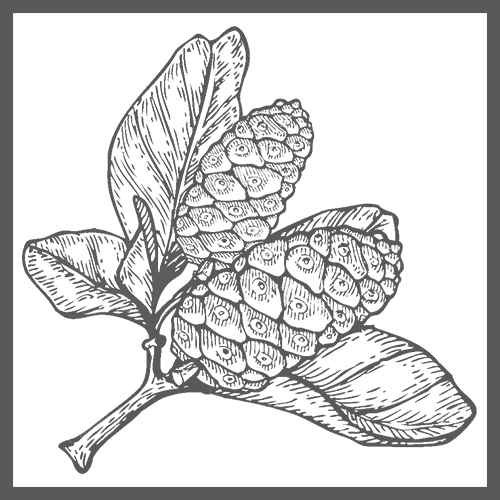
Noni
Morinda citrifolia is a fruit-bearing tree in the coffee family, Rubiaceae. Its native range extends across Southeast Asia and Australasia, and the species is now cultivated throughout the tropics and widely naturalized. Among some 100 names for the fruit across different regions are the more common English names of great morinda, Indian mulberry, noni, beach mulberry, and cheese fruit.



